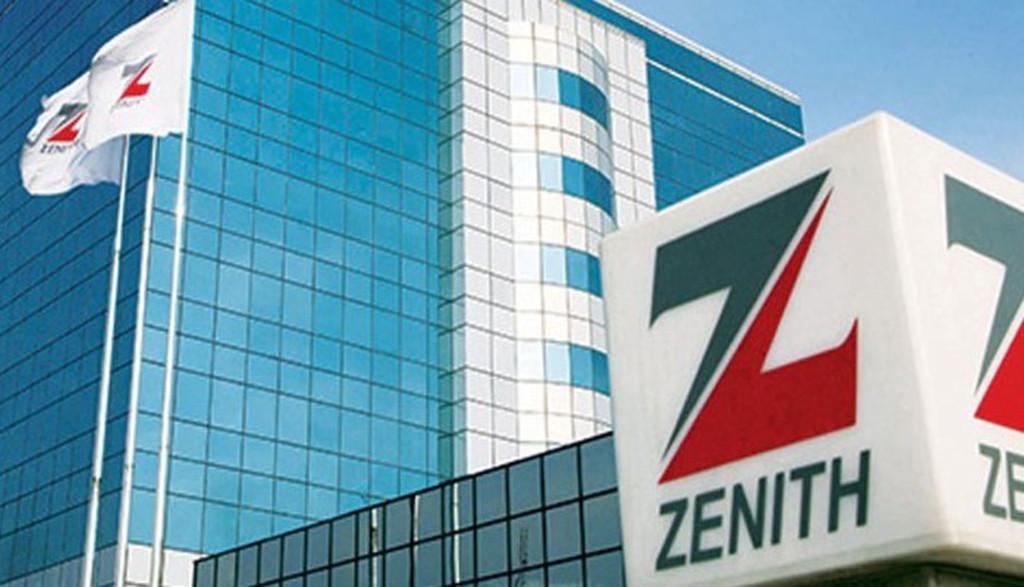Nigeria’s informal economy, which thrives on cash transactions, is facing a significant disruption. The Central Bank of Nigeria’s (CBN) new policy limiting cash withdrawals to N100,000 per customer daily for Point-of-Sale (PoS) agents has sent shockwaves through the economy. With over 60% of Nigerians dependent on the informal sector for employment, the impact of cash scarcity is more profound than it appears on the surface.
Business owners, traders, and everyday Nigerians are grappling with the new reality, and the broader consequences on employment, small businesses, and rural economies are becoming clearer. The perspectives of those directly affected highlight the urgency of reassessing the policy’s implementation.
Join our WhatsApp ChannelImpact of Cash Scarcity on Small Businesses: The Struggle to Stay Afloat
The informal economy, which includes street vendors, local market traders, and small-scale service providers, relies heavily on cash transactions. With cash in short supply, business owners are finding it difficult to keep their operations running smoothly.
Chukwuma Okoye, a trader at Ajao Estate Market in Lagos, described his daily frustration. “I sell food items, and most of my customers pay with cash. Since the new cash policy started, I’ve been losing customers because many of them can’t pay with transfers,” he said. “Not everyone has a smartphone, and sometimes network issues delay payments. I’ve lost sales worth thousands of naira because of this.”
Small businesses have limited options for navigating the cash scarcity. While some have tried to switch to cashless payments, technical issues like poor network connectivity and customers’ reluctance to use electronic transfers remain hurdles.
Effect on Rural Economies: Where Cash is King
In Nigeria’s rural areas, cash transactions are the norm. Many rural communities have little to no access to banking infrastructure, making the cash scarcity particularly devastating.
Ibrahim Abdulfatai, a yam seller, shared his experience. “Buyers come purchase yams from me. They always pay in cash,” he said. “Now they’re asking me to accept transfers, but I don’t have a bank account, and even my other colleagues are complaining of no network service to receive alerts. This policy is affecting my ability to sell my produce.”(Translated from pidgin)
READ ALSO: Cash Scarcity: CBN’s N100,000 Daily Limit For PoS Withdrawals Sparks Outcry
Experts have expressed concern about the impact of cash scarcity on rural economies. Segun George, an economist, warned, “Villages and remote communities, where cash transactions dominate, may face difficulties as many residents lack bank accounts or access to PoS services.”
The inability to complete cash-based transactions is stifling economic activity in rural areas, creating a ripple effect on food supply chains and local commerce.
Job Losses and Reduced Livelihoods
Many Nigerians working in cash-dependent roles, such as PoS operators, are at risk of losing their livelihoods. The new CBN policy directly affects their income, as the cash-out limits reduce the volume of transactions they can facilitate.
Mary Eze, a PoS operator in Lagos, lamented, “I used to handle cash withdrawals of over N500,000 daily. Now, with this N100,000 limit, I’m making far less money from transaction fees. I’m afraid I’ll have to close my business soon because I can’t cover my rent and other expenses. I have to charge people more because of all this. I do charge N200 for N10,000 withdrawal but I now charge, N300”
The Nigeria Employers’ Consultative Association (NECA) also raised alarm about the potential for job losses. The Director-General of NECA, Adewale-Smatt Oyerinde, said, “The sudden imposition of this policy without adequate transition measures will have a negative impact on employment in the informal sector. We risk seeing a rise in unemployment, especially among PoS operators and cash-dependent service providers.”
What’s Next? Finding a Balanced Approach to Cash Scarcity
The CBN’s push for a cashless economy has noble intentions, including curbing money laundering, promoting financial inclusion, and fostering a more traceable financial system. However, the informal economy’s heavy reliance on cash demands a more gradual and inclusive approach.
“There’s no doubt that a cashless society is the future,” said Adewale-Smatt Oyerinde. “But to achieve this, there needs to be a well-planned transition strategy that considers the realities of Nigeria’s informal economy. It can’t be a one-size-fits-all approach.”
CBN’s policy could bring long-term benefits, but its immediate effects on Nigeria’s informal economy are too severe to ignore. From rural farmers to PoS operators, many Nigerians are already feeling the pinch of cash scarcity. Without a more inclusive and gradual implementation plan, the policy’s negative consequences may outweigh its benefits.
Emmanuel Ochayi is a journalist. He is a graduate of the University of Lagos, School of first choice and the nations pride. Emmanuel is keen on exploring writing angles in different areas, including Business, climate change, politics, Education, and others.

















Follow Us